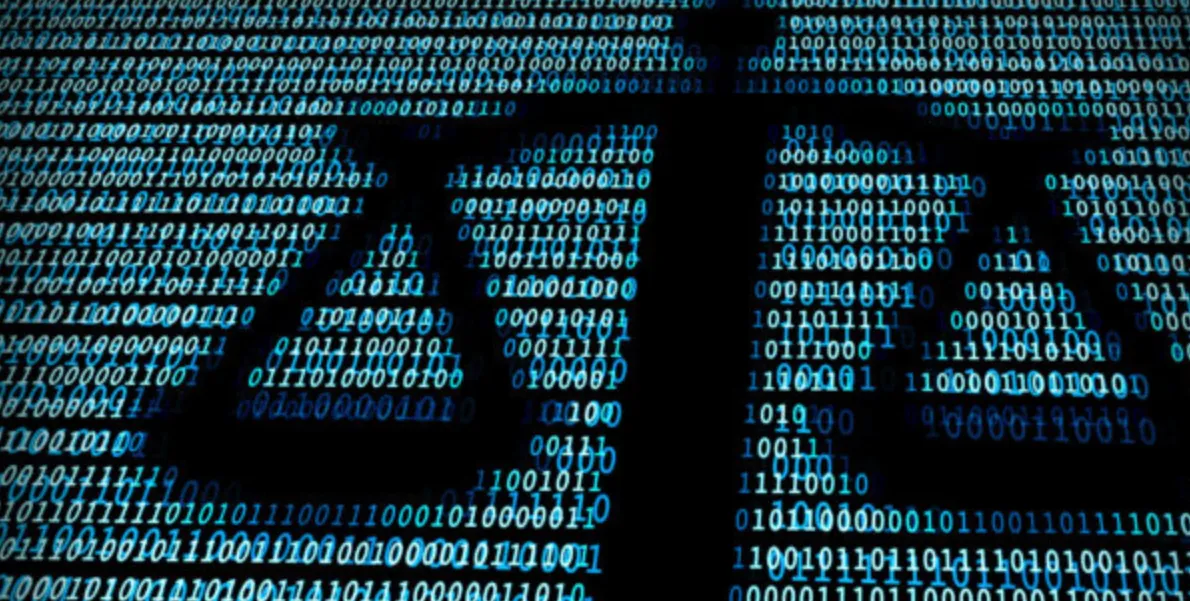
In an increasingly interconnected and digital world, the field of cybersecurity has become a critical frontier in safeguarding information, systems, and privacy. While the development of advanced technologies and security measures has enabled organizations and individuals to protect themselves from cyber threats, the ethical considerations surrounding cybersecurity practices are equally vital.
Cybersecurity ethics practices are the moral principles and guidelines that govern the conduct of cybersecurity professionals, organizations, and users. These practices not only ensure the responsible and transparent use of technology but also uphold the fundamental values of privacy, trust, and security in the digital landscape. In this ever-evolving domain, understanding and adhering to ethical principles are essential for building a resilient and just cybersecurity ecosystem. This article explores the key concepts and principles of cybersecurity ethics, shedding light on the ethical dilemmas and challenges that arise in this dynamic field. Although every situation has it's own context that cybersecurity ethics should adapt to, there are still some general norms to follow when thinking of how to act ethically within the cyberspace.
Ethics in cybersecurity should be a top priority, not just a minimum compliance requirement. In the digital realm, the repercussions of unethical actions can be catastrophic, making the upholding of ethical principles essential for individuals and organizations. Unfortunately, some entities merely comply with legal standards for their own gain. Ethical considerations go beyond rules and regulations, involving a commitment to transparency, responsibility, and protecting privacy and security. Prioritizing ethics equips cybersecurity professionals and organizations to navigate complex dilemmas, make informed decisions, and build trust. This proactive approach enhances security and fosters a culture of integrity and accountability, vital for a secure and ethical cyberspace.
Furthermore, it is crucial to consider the ramifications that may unfold once a product or software has been deployed into the hands of users. The responsibility of technology creators and organizations doesn't end with the product's release; it extends to monitoring and addressing potential ethical issues and security vulnerabilities that may emerge in real-world usage. Ethical cybersecurity practices encompass ongoing support, updates, and the readiness to respond to unforeseen consequences. By maintaining vigilance and a commitment to ethical post-release actions, we ensure that technology remains a force for good and continues to serve the best interests of its users and society as a whole. This ongoing dedication to ethics underscores the enduring commitment to a secure and responsible digital landscape.
Another critical consideration is that technology was originally developed to enhance the quality of human life and protect human interests. In its essence, technology serves as a tool for progress, enabling us to achieve tasks more efficiently and effectively, connect with one another, and access information. However, with the rapid advancement of technology, ethical concerns arise regarding its potential misuse. Cybersecurity ethics, therefore, play a vital role in maintaining the intended purpose of technology. By upholding ethical principles, we ensure that technology continues to serve the greater good, rather than being exploited to compromise individual privacy, security, and well-being.
And since the world is filled with organizations that hosts a variety of people with different moral compasses, establishing chains of ethical responsibility and accountability within organizational settings is fundamental to maintaining a strong ethical foundation. This practice involves defining clear roles and responsibilities for individuals and teams, ensuring that ethical guidelines are not just theoretical concepts but actionable principles. It starts with leadership setting a strong ethical tone and trickles down to all employees. When everyone within an organization understands their ethical responsibilities and is held accountable for their actions, it promotes a culture of integrity and ethical decision-making. This not only safeguards against unethical behavior but also builds trust with stakeholders, customers, and partners, reinforcing the organization's reputation as a responsible and trustworthy entity in the broader business ecosystem.
In summary, the ever-evolving field of cybersecurity underscores the paramount importance of ethical practices, transcending mere compliance requirements. These principles serve as our guiding light in the digital age, protecting our values of privacy, trust, and security while harnessing technology for the greater good. Fostering a culture of integrity and accountability within organizations, coupled with a commitment to ongoing ethical vigilance, is essential for building a secure and ethical digital realm. By upholding these ethical standards, we not only safeguard our digital assets but also ensure technology continues to enhance human lives. In doing so, we contribute to a safer, more ethical, and progressive digital world.
Posted using Honouree